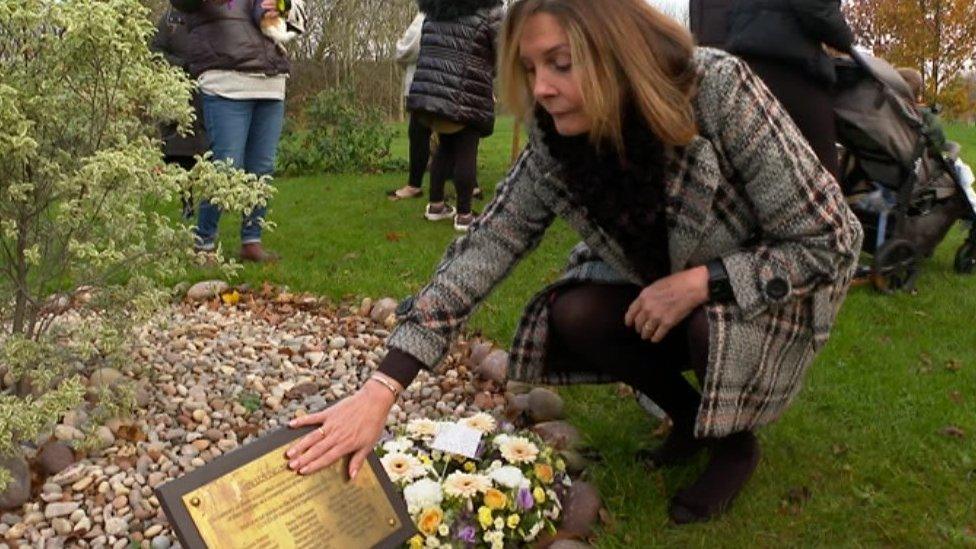Covid inquiry: Fears not enough voices will be heard
- Published
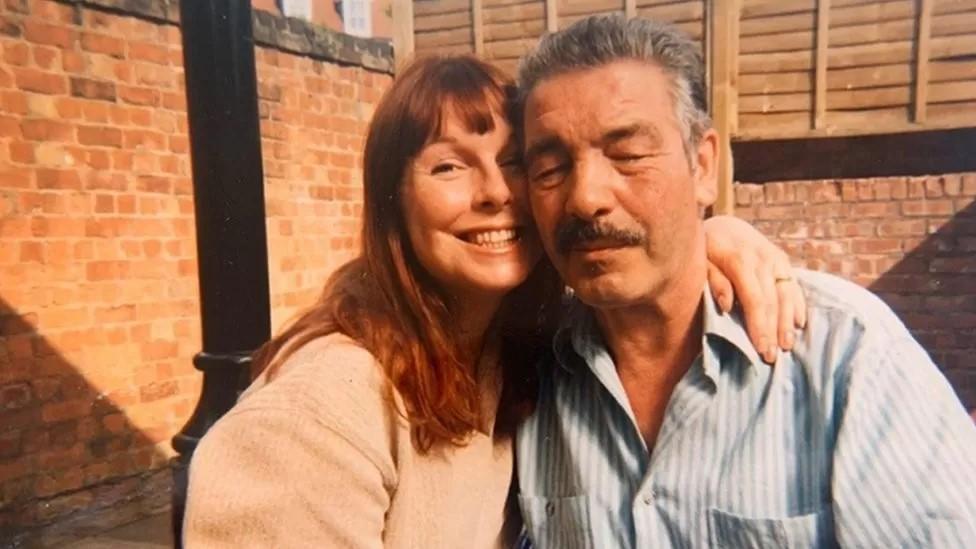
Jocelyn Pettitt and her father Vincent Pettitt died from the virus within five days of each other
Families have said they fear not enough voices will be heard as part of the Covid-19 inquiry.
Jane Roche from Castle Vale said stories were being heard by independent organisations then chosen as evidence in June.
The public inquiry will look at preparedness, the public health response, the health and care sector response and the economic response.
Ms Roche said: "Not everybody's voice is going to be heard".
A spokesperson for the inquiry said: "The experiences shared with the listening exercise will not be used as witness testimony.
"They will be anonymised, and given to the inquiry as evidence in summary reports, ensuring that everyone who comes forward to the listening exercise is heard by the Inquiry.
"The agencies appointed to deliver the listening exercise do not have a decision making role with the inquiry, and they have no direct access to the inquiry's legal team or the wider work of the inquiry".
However, Ms Roche, whose father Vincent Pettitt and sister Jocelyn Pettitt, died within five days of each other, said families were being "marginalised" and "pushed out".
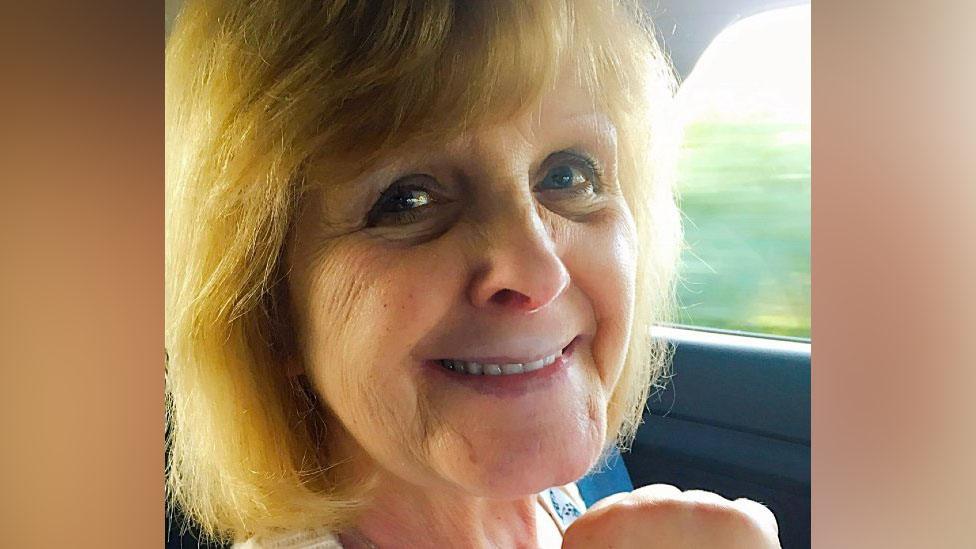
Susan Handley died in November 2020
This view is echoed by Alan Handley, from Tamworth, who lost his wife Susan, in November 2020.
Although Mr Handley accepts not everybody can be heard because there were over 200,000 deaths, he said: "I feel a representative number should be heard within the active hearings of the inquiry and those who are prepared to give testimonies not side-lined to another organisation... behind closed doors."
"We sincerely feel the public should have a right to view these testimonies, let them judge, why are they excluded?"
"I think of Susan constantly, after 47 years, it's difficult not to," Mr Handley said.
Mrs Handley died in November 2020 at Good Hope Hospital in Birmingham aged 69.
"It's the suddenness of the event that I find difficult," he said.
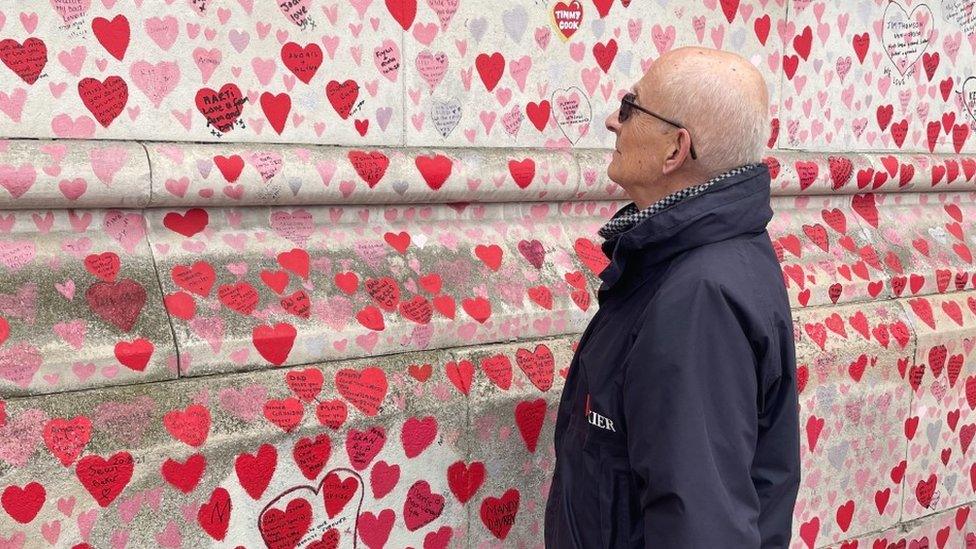
Alan Handley said he thinks about his wife Susan everyday
Mr Handley says he feels witnesses will be able to dodge difficult questions because "our legal representatives cannot ask directly or question witnesses at the inquiry".
Ms Roche also added she wanted MPs to be cross-examined.
"Everyday I apologise to them [her sister and father] because I feel like I didn't do enough to save them," Ms Roche said.
"I know it wasn't my fault but I feel I should have done more... that guilt inside me will never go away.
"We need to be able to speak, we want answers, we probably won't be pleased with all the answers... but we need some explanation as to why our loved ones died the way they did."
All core participants to the inquiry will be able to suggest witnesses, and lines of questioning to witnesses, the inquiry said.
Groups representing bereaved relatives, government departments, the health secretary, the UK Health Security Agency and NHS England have all been given core participant status, alongside public health officials and ministers in the devolved nations.
The inquiry statement said: "Our chair, Baroness Hallett, has always been clear that the bereaved and those most impacted by the pandemic are the heart of the inquiry's work.
"We would encourage anyone with relevant information that can be used as evidence to come forward."
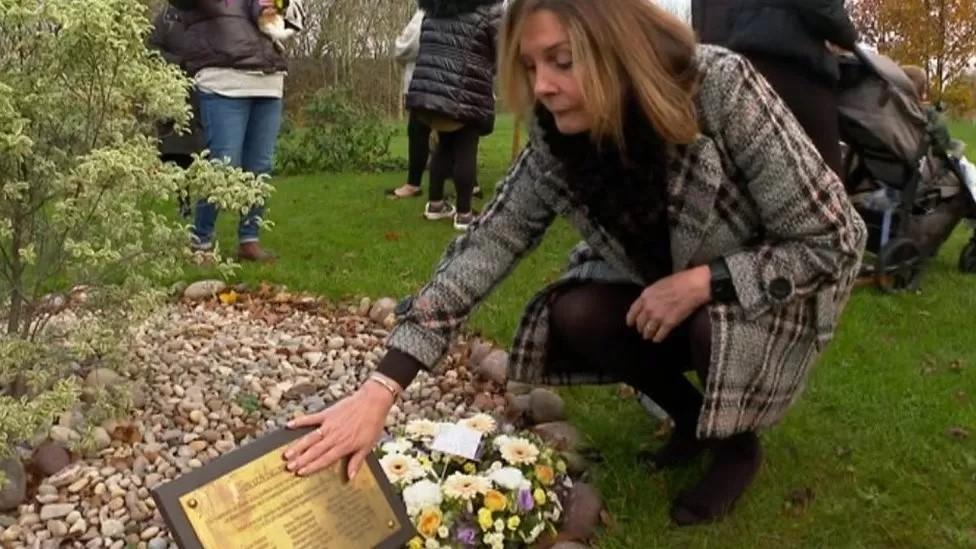
Ms Roche remembers her loved ones at a memorial site in Castle Vale

Follow BBC West Midlands on Facebook, external, Twitter, external and Instagram, external. Send your story ideas to: newsonline.westmidlands@bbc.co.uk, external
Related topics
- Published1 February 2022
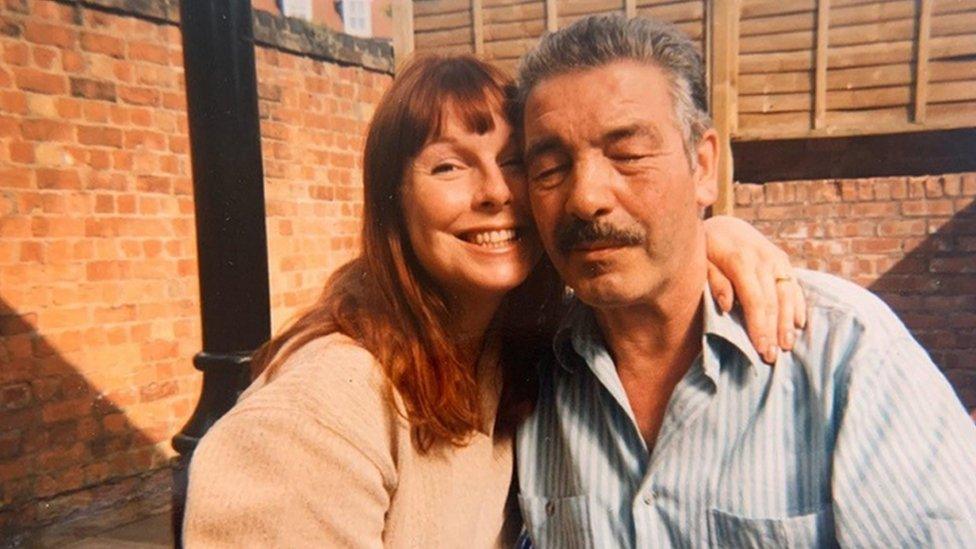
- Published28 February 2023
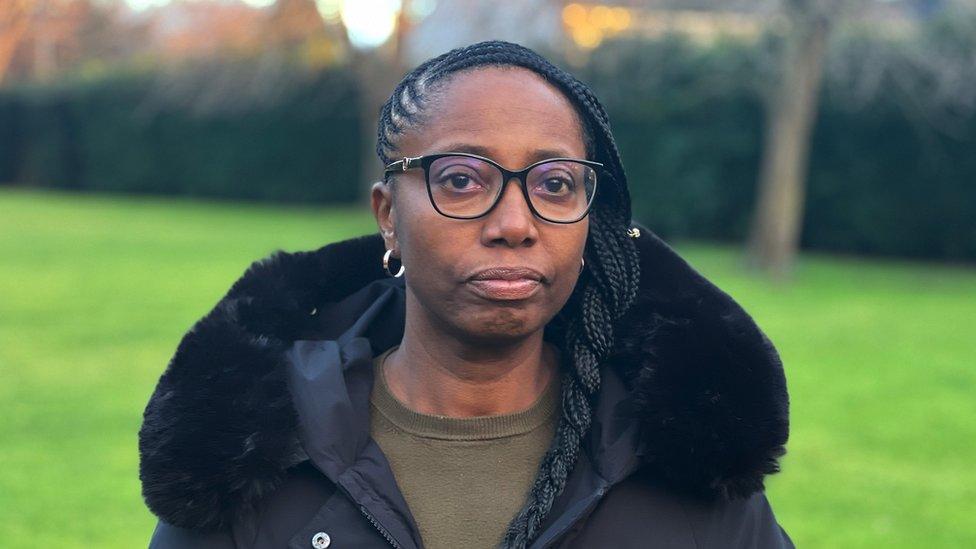
- Published8 December 2021

- Published3 December 2022
